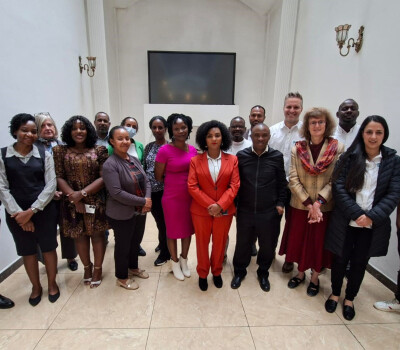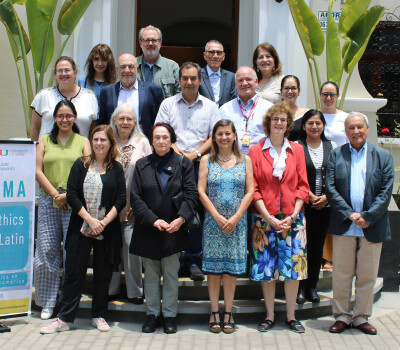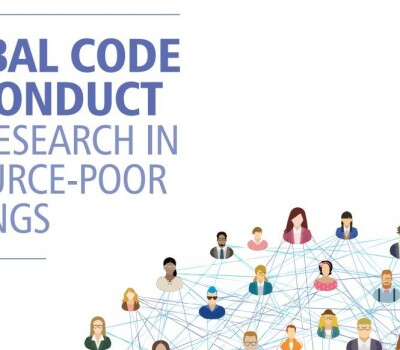Research ethics
Ethical leadership
Since the publication of the first version of the Declaration of Helsinki in 1964, the responsibility for overseeing ethics in research has been assigned to research ethics committees (RECs). They initially focused on the autonomy of participants, the protection of privacy and confidentiality, and informed consent.
However, research ethics is now a rapidly evolving field that must listen to the voices of all researchers, individual participants, and research communities. Clinical, epidemiological, and diagnostic studies, secondary analyses of health data and biosamples, behavioral studies, or any other research involving human participants should yield social value, be scientifically justified, and adhere to ethical standards. For RECs overseeing global health research, it is also critical to consider and mitigate potential power imbalances in global health.
Recent guidelines emphasise concepts and principles such as fair research partnerships, benefit sharing, community engagement, protection of data collectors in the field, fair policies and practices for sharing research data and BioSamples, and fair dissemination practices. Increasing attention is being given to the ethical challenges of research conducted during outbreaks and other public health emergencies. These guidelines include, among others:
2016 International ethical guidelines for health-related research involving humans (Council for International Organizations of Medical Sciences)
Research in global health emergencies: ethical issues (Nuffield Council on Bioethics)
Good Participatory Practice (GPP) Guidelines (Global Advocacy for HIV Prevention)
The TRUST Code – A Global Code of Conduct for Equitable Research Partnerships (Trust Consortium)
Ethics in epidemics, emergencies and disasters: research, surveillance and patient care (WHO)
Guidelines on ethical issues in public health surveillance (WHO)
Bridging research integrity and global health epidemiology (BRIDGE) statement: guidelines for good epidemiological practice (published in BMJ Global Health)
The Ottawa Statement on the Ethical Design and Conduct of Cluster Randomized Trials (published in PLOS Medicine)
Ethics in implementation research: facilitator's guide (WHO)
Furthermore, it is increasingly recognised that research institutions and individual researchers are responsible for integrating ethical standards and integrity in their institutional policies, as well as their personal values and behaviours.
Stay informed
Dr Raffaella Ravinetto is chair of ITM's Institutional Review Board. Discover her latest findings:
Research governance at ITM
Institutional Review Board
Our Institutional Review Board (IRB) is committed to promoting ethical reflection and awareness, both within and beyond the institute. Its members stay well-informed about current developments in research ethics and provide both formal training and informal advice to ITM researchers and students.

Commission on Research Integrity
Our Commission on Research Integrity (CRI) promotes research integrity at the institute and investigates any allegations of misconduct. We endorse the Flemish Commission on Scientific Integrity as an advisory commission for second opinions.





